Menopause and Beyond: Unlock the Power of Collagen for Lasting Health
Alison Bladh
OCTOBER 25, 2024
Adding these into your diet can naturally boost your collagen levels, providing similar benefits to supplements: Bone Broth – Rich in amino acids that aid collagen production. Berries – Rich in vitamin C, which is essential for collagen synthesis. Chicken – Contains abundant connective tissue, a direct source of collagen.

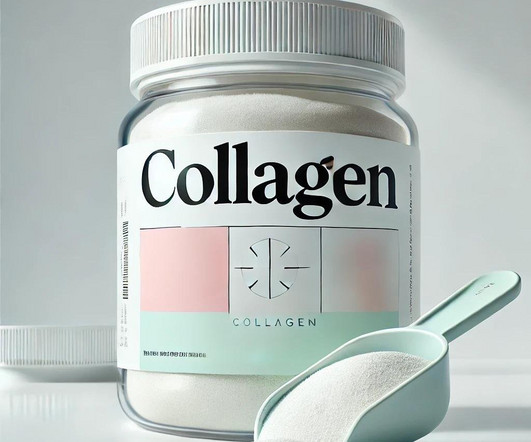
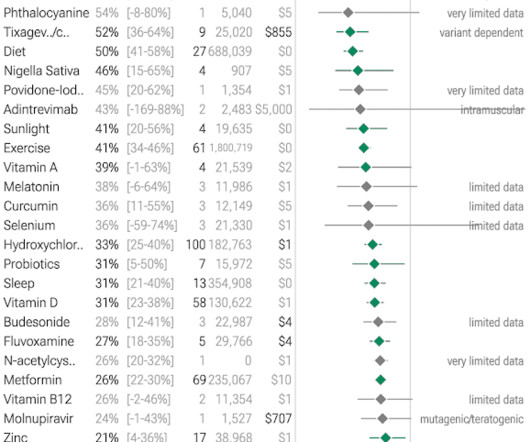
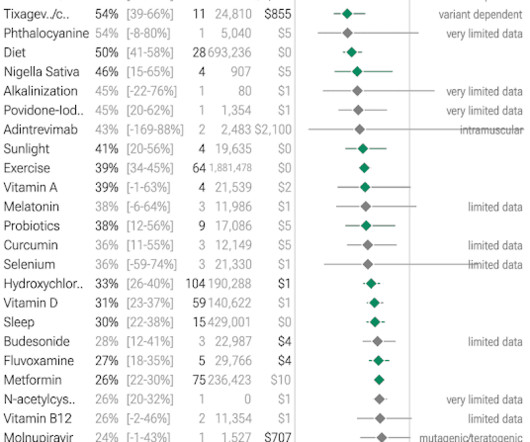
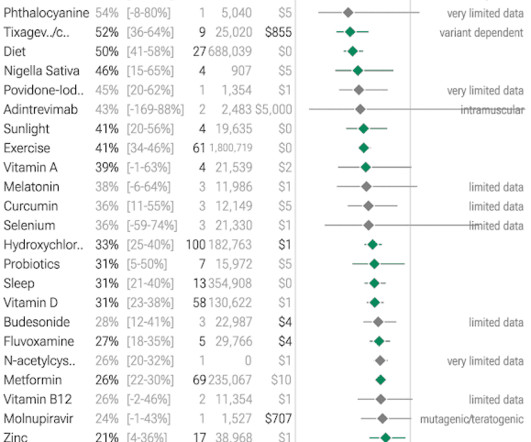
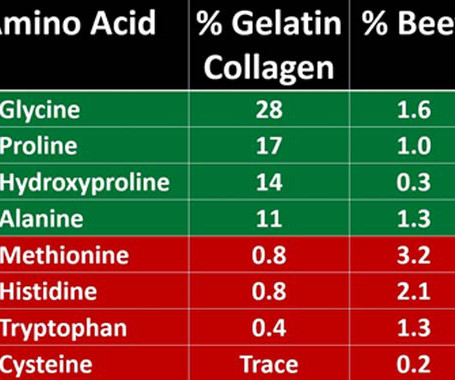
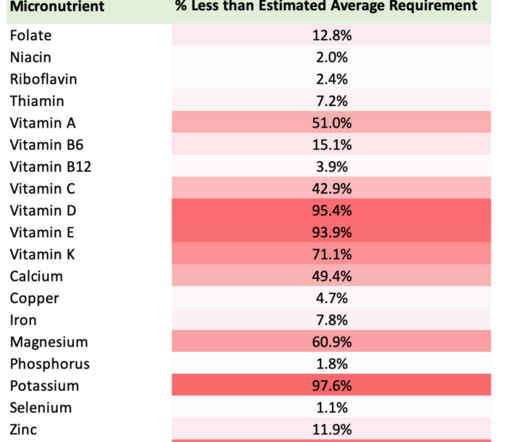
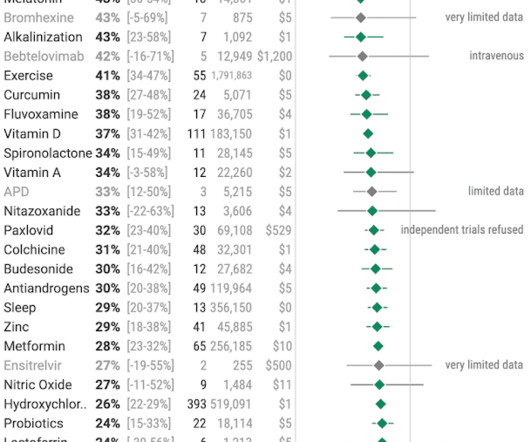






Let's personalize your content